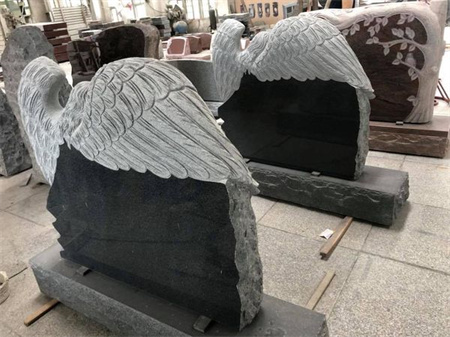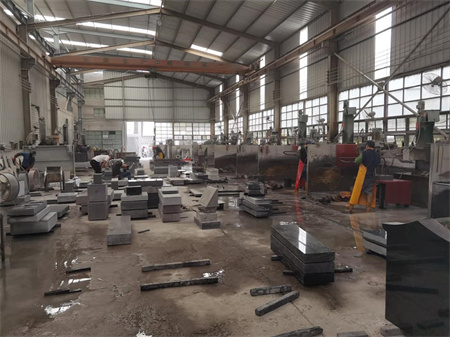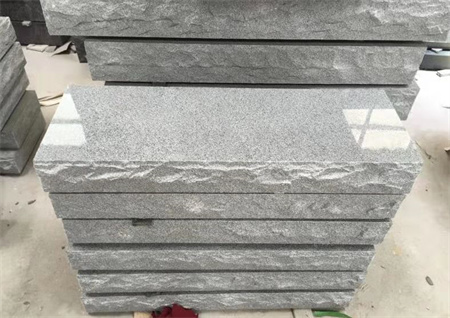Spiritual Granite Memorials for Non-Denominational Cemeteries

Spiritual Granite Memorials for Non-Denominational Cemeteries
Granite memorials have long been a symbol of strength, durability, and reverence. These timeless tributes, often found in cemeteries, provide a lasting testament to the lives of those who have passed. For non-denominational cemeteries, where the focus is more on the spirit of the individual than any religious affiliation, spiritual granite memorials offer a meaningful way to honor the deceased while allowing for a personal, inclusive approach to remembrance.


Choosing a granite memorial for such a setting is an act of both love and respect, one that transcends religious boundaries and connects people to the universal human experience of loss and remembrance. These memorials can be as simple or as elaborate as desired, offering families a wide range of design options that cater to different tastes and preferences.
One of the key advantages of granite is its adaptability. Whether it’s a sleek, polished stone with clean lines or a more textured, rustic finish, granite can be crafted to fit any style or aesthetic. Engraving messages, names, dates, or even a meaningful quote can further personalize the memorial. For those seeking to express spirituality without religious imagery, there are countless ways to incorporate symbols or motifs that reflect peace, love, or eternal life. Subtle engravings of trees, doves, or abstract designs can evoke a sense of tranquility, while still maintaining a non-denominational approach.
Another appealing feature of granite memorials is their longevity. The permanence of the material ensures that the memorial will endure for generations, serving as a lasting reminder of the individual it honors. Unlike other materials that may fade or deteriorate over time, granite’s strength means that it will retain its integrity and beauty, even under harsh weather conditions. This enduring quality is particularly important in non-denominational cemeteries, where the memorial may stand as a lasting testament to the shared human experience of grief, love, and remembrance.
Families who choose granite for their loved ones’ memorials often find comfort in the thought that their tribute will outlast the passing of time. It offers a sense of continuity, a way of ensuring that the deceased’s memory will be preserved for future generations to visit, reflect upon, and honor. The stone may stand as a silent witness to the changing world around it, yet the love and respect it symbolizes remain unchanged.
In addition to its physical durability, granite also represents a kind of spiritual permanence. The stone’s natural origins—formed over millions of years through geological processes—serve as a reminder of the enduring nature of life itself. It’s a powerful symbol of the cycle of life, death, and renewal, which resonates with individuals regardless of their religious background. For those who view life as a spiritual journey rather than a religious mission, granite memorials are a perfect expression of this philosophy.
For non-denominational cemeteries, where personal beliefs take precedence over dogma, the appeal of spiritual granite memorials lies in their ability to reflect the uniqueness of each individual. There’s no need for a one-size-fits-all approach; instead, families can craft a tribute that speaks to the essence of who their loved one was and what they meant to those who knew them. Whether it’s through a carefully chosen engraving, a meaningful image, or a custom design, granite memorials offer a canvas for personal expression, allowing the spirit of the departed to shine through in a way that feels authentic and true to their legacy.
In a world where change is constant, the enduring nature of granite offers a sense of stability, comfort, and continuity. Spiritual granite memorials are not just about marking the end of a life; they are about celebrating the journey, the love shared, and the memories that live on. As time passes, these memorials stand as testaments to the strength of the human spirit—unwavering, steadfast, and forever etched in stone.
